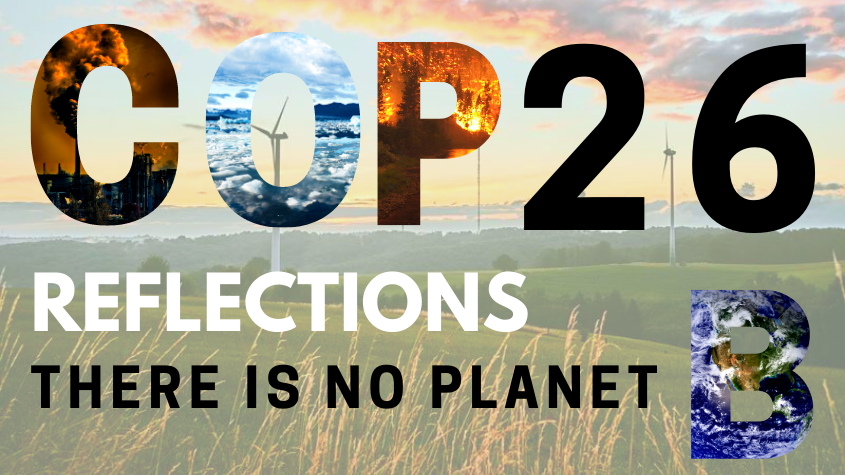

December 23, 2021

The Conference of Parties (COP) of the United Nations Framework Convention on Climate Change met in Glasgow this past November for its 26th annual summit to accelerate progress on reducing carbon emissions and keeping the global temperature rise below 1.5°C. This year, green technologies took center stage as the conference culminated in several initiatives and agreements aimed at accelerating the diffusion of climate-friendly technologies. This article reflects on some of these initiatives and recounts the participation of WIPO GREEN during COP26.
Green technology-related initiatives and agreements arising from COP26 include:
The resounding message of hope from these initiatives and agreements is that with existing green technologies and financial backing for widespread diffusion, it may be possible to change longstanding climate-harming practices for good. A robust and transparent international emission trading market can mobilize even more private sector funding for projects in which new emission-saving technologies are developed and implemented.
These are but a few of the COP26 highlights. Other pledges were made to protect forests, decarbonize air travel and phase out gasoline-powered cars.
At COP26, WIPO GREEN teamed up with the UNFCCC Global Innovation Hub (UGIH) to share our approach to supporting innovation and green technology diffusion for climate action during a panel on ‘How to develop innovation platforms that are effective in facilitating the development and implementation of climate and sustainability solutions’. The session highlighted the vast amount of technological knowledge generated by the patent system and the importance of innovation ecosystems in addressing environmental challenges.
WIPO GREEN also co-hosted a session with the International Chamber of Commerce (ICC) on their virtual platform “Make Climate Action Everyone’s Business”. The session explored links between IP and sustainability and unpacked the role of innovation in reaching climate goals. ICC recently launched the SME360X, a digital assessment tool that estimates a sustainability score for small and medium sized enterprises (SMEs) to measure and value the impact of SMEs on the environment.